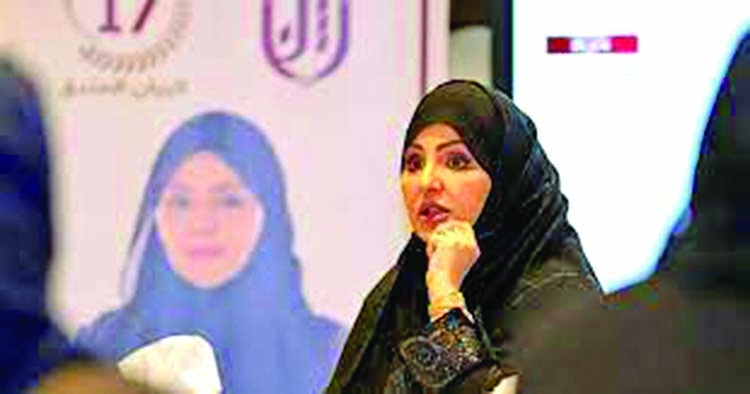Qatari women take careful steps at first polls

Qatari women are standing in the country's first legislative election tomorrow, but in far lower numbers than men, prompting warnings that their influence on issues that affect women could be limited. Of the 284 hopefuls running for the 30 available council seats, just 28 are women. The remaining 15 seats will be appointed by the emir with analysts suggesting he may name a number of women to right the imbalance in the body which will draft laws and scrutinize ministers. "It's an extremely positive step that women are part of this process," said Elham Fakhro, senior Gulf analyst at the International Crisis Group.
Qatari citizenship can currently only be inherited by children from their fathers, meaning the children of a Qatari woman who marries someone of another nationality will not be citizens. This affects the children's ability to benefit from lavish grants, land allocations and other state support in the gas-rich emirate. "The most important issues for me are (citizenship of) children of Qatari women and documents. This is the most important issue that I adopted from the heart," Dafa told AFP ahead of a campaign event.
Dafa, an education official who is running in Qatar's 17th district against two women and seven men, said competence was more important than gender. "I do not see it as a competition between me and the men because I see the men as complementary to the legislative process.
"And we are talking about competencies, not gender," she added, before addressing a small crowd of women voters at Qatar's Education City golf club.
Fakhro suggested the emir could directly appoint women "to improve the gender balance" if none or few are elected - similar to what happened in Bahrain's legislative election. Representation of women in Qatar is stronger than in its Gulf neighbors Saudi Arabia and the UAE with the health ministry led by a woman and the foreign ministry represented by a spokeswoman.
